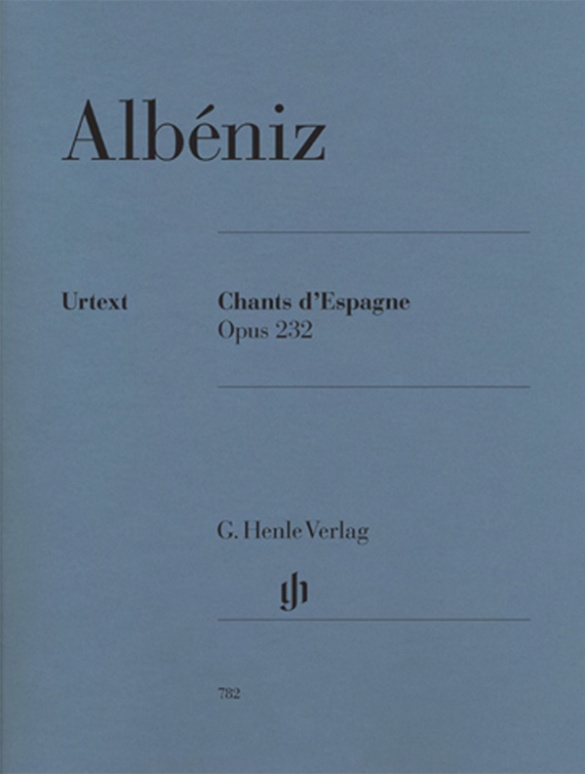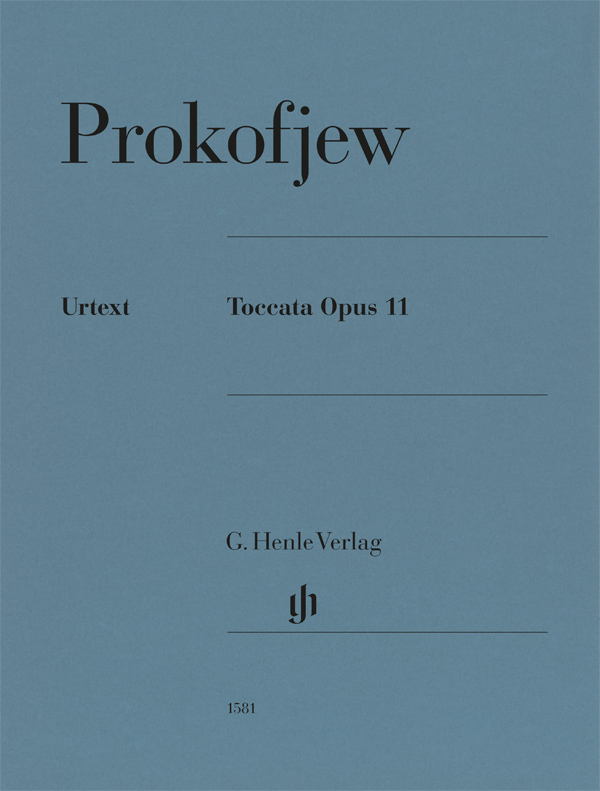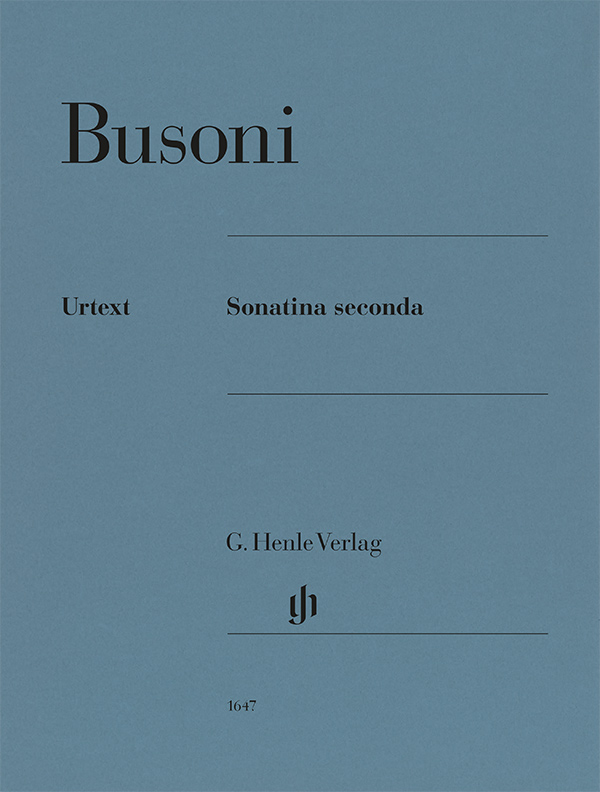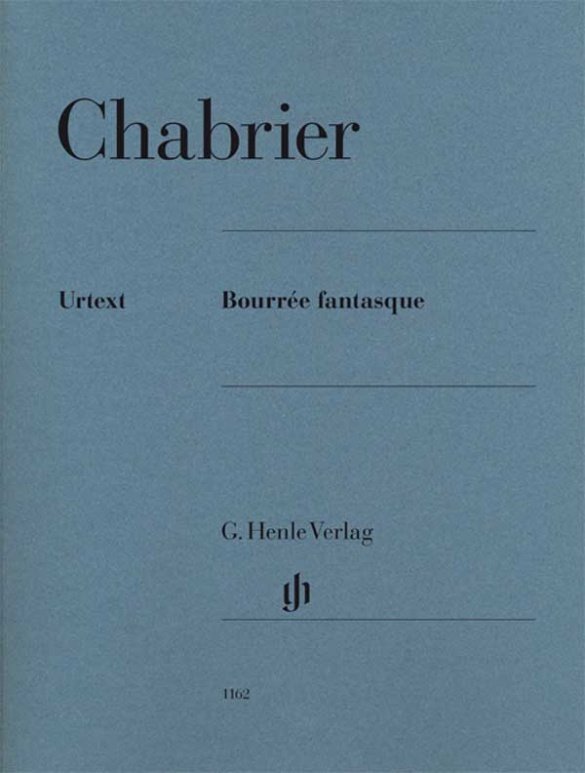

Emmanuel Chabrier
Bourrée fantasque
Whereas numerous French composers of the time tried to breathe new life into the larger forms of instrumental music, Chabrier concentrated on the smaller dance and character forms. The “Bourrée fantasque” was composed in 1891 and was the culmination of his piano works.
The strictly regulated, lively court dance of the time is enriched by unusual harmonies and rhythms and therefore appears in a completely new light. Our edition of the “Bourrée Fantasque” (that is “whimsical bourrée”) is the first critical edition to consult all of the sources. The work is particularly characteristic of Chabrier’s style that oscillates between nostalgia, avantgarde and parody.
Content/Details
About the Composer
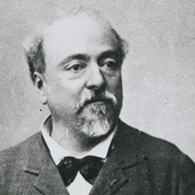
Emmanuel Chabrier
A French composer and pianist. His works may largely be categorized under musical Impressionism and had a significant influence on French composers of subsequent generations, such as Debussy or Ravel. Among his creations were stage works, piano music, and vocal and orchestral pieces.
| 1841 | Born in Ambert on January 18. |
| from 1847 | He receives his first piano lessons from Manuel Zaporta and later from Mareo Pitarch. |
| from 1852 | In Clermont-Ferrand he receives music lessons from Alexandre Tarnowski. |
| 1856 | His family moves to Paris. |
| 1858 | After finishing school he begins a course of study in law. He takes piano lessons from Edouard Wolff and celebrates his first public successes as a pianist. |
| 1861–80 | He is appointed attaché to the administration at the Interior Ministry. |
| 1875 | He becomes a member of the Société Nationale de Musique, which stages performances of quite a few of his works. |
| 1877 | The premiere of his opera buffa “L’Étoile” takes place on November 28 and is a great success. |
| 1881 | He becomes assistant to the founder of the Nouveaux Concerts, Charles Lamoureux. |
| 1883 | The premiere of his rhapsody “España” takes place on November 4. The work becomes his greatest hit and, according to Gustav Mahler, marks the beginning of musical modernity. |
| 1894 | Dies in Paris on September 13. |
About the Authors

Peter Jost (Editor)
Dr. Peter Jost, born in 1960 in Diefflen/Saar, read musicology, German and comparative studies at Saarland University in Saarbrücken. He did his PhD in 1988 with a thesis on Robert Schumann’s Waldszenen.
From November 1991 to April 2009 he was a research associate at the Richard Wagner Complete Edition in Munich, and since May 2009 has been an editor at G. Henle Publishers. His Urtext editions comprise predominantly French music of the 19th and 20th centuries, including works by Lalo, Saint-Saëns and Ravel.
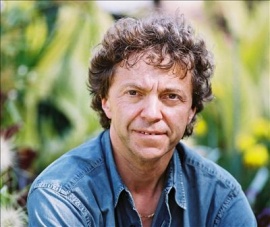
Pascal Rogé (Fingering)
Product Safety Informations (GPSR)

G. Henle Verlag
Here you can find the information about the manufacturer of the product.G. Henle Verlag e.K.
Forstenrieder Allee 122
81476 München
Germany
info@henle.de
www.henle.com
Daarmee wordt het een regelrechte uitdaging voor de uitgever om enerzijds recht te doen aan alle bedoelingen van de componist, anderzijds te waken voor een overzichtelijke bladspiegel. Zoals we gewend zijn, is Henle hierin met vlag en wimpel geslaagd. Met zo'n tot in de puntjes verzorgde partituur is het een groot plezier om je te verdiepen in alle nuances van het zeer rijke kleurenpalet van deze ten onrechte niet veel gespeelde compositie.
Pianowereld, 2013recommendations
autogenerated_cross_selling
Further editions of this title
Further editions of this title


